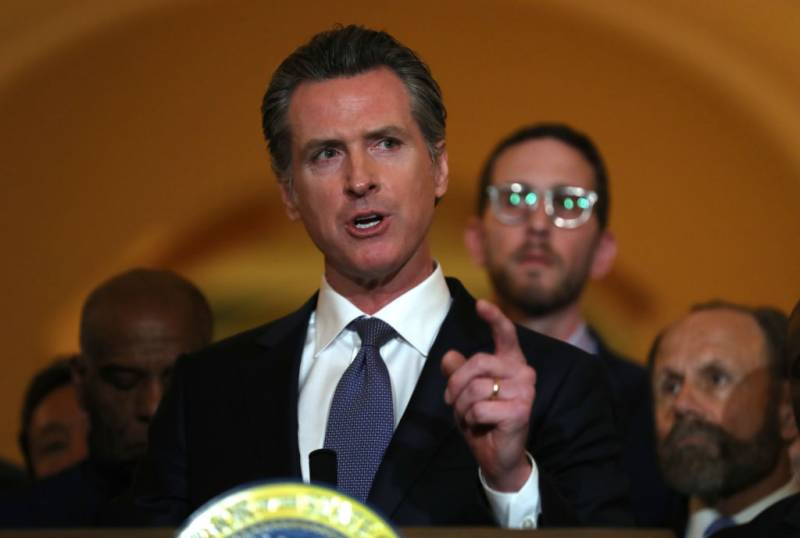California lawmakers won’t return on April 13 as they had planned, extending the Legislature’s first unscheduled break in 158 years and leaving Gov. Gavin Newsom in charge of spending billions of dollars to combat the COVID-19 outbreak with little direct oversight.
Lawmakers recessed on March 16 after they agreed to give Newsom $1 billion to spend on responding to the virus. The money is tied to Newsom’s emergency declaration, and he has broad authority to spend it as he sees fit. He’s also tapped another $1.3 billion in emergency reserves.
On Friday, legislative leaders announced they planned to reconvene on May 4.
Since March 12, Newsom has issued more than a dozen executive orders that have suspended standardized testing for public school students, delayed evictions by two months, suspended open meetings laws for local governments and directed all of the state’s nearly 40 million residents to stay at home indefinitely.
Meanwhile, state courts have powered down, delaying routine hearings and slowing their work.
Republican Assemblywoman Melissa Melendez of Lake Elsinore said so far Newsom has done a good job wielding power.

